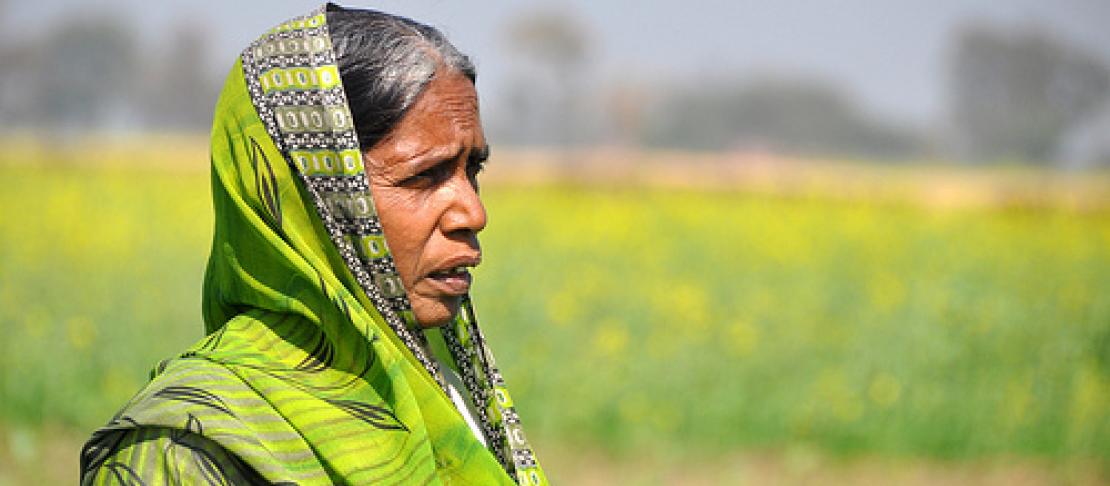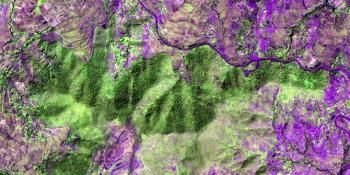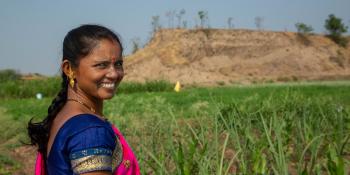Communication strategies are important when talking about carbon

A summary of the communicating carbon workshop held in Nairobi, Kenya on 12-14 October, written by Sai Kishore, a workshop participant.
One of the key elements in the carbon finance domain is the engagement that the project entity has to undertake with various stakeholders in the project activity. In this connection the recently concluded workshop on communicating carbon finance has looked at the key challenges and the gaps in the communication process. The workshop also helped in identifying the key opportunity areas through the process of story-telling of the experiences that the practitioners had when engaging the various stakeholders.
The workshop also helped in sharing the procedures followed by various projects in communicating the key themes and the difficult terminologies to the various groups based on gender, ages, risk appetite, and literacy levels.
The methodology followed in the workshop to identify the key themes and discuss the same to write a draft policy brief has been invigorating and rekindled the thought process. The process at the same time showcased the relevance and importance of undertaking communication activities in building consensus among the various stakeholders in carbon projects.
The other key outcome of the workshop has been the necessity of following the guidance of FPIC (Free, Prior, Informed Consent) in carbon finance projects. The key principles, tools and tactics that need to be followed when communicating carbon to the farmers have to be based around FPIC. The workshop also provided a platform to understand how FPIC can be incorporated into the communication strategies without adversely influencing the communication practices that are currently being followed.
The identification of the various communication needs of the different groups and how they digest the information is unique. This understanding would ensure that the communication is more directive and relevant to the audience.
This workshop has been of immense help to our project activities as we are currently replicating the pilot project by promoting an enviro-social enterprise (Socio-eCO2nomix-Global). The Veda Climate Change Solutions Limited VCCSL project supports 1590 farmers located in six districts spanning two states in India.



